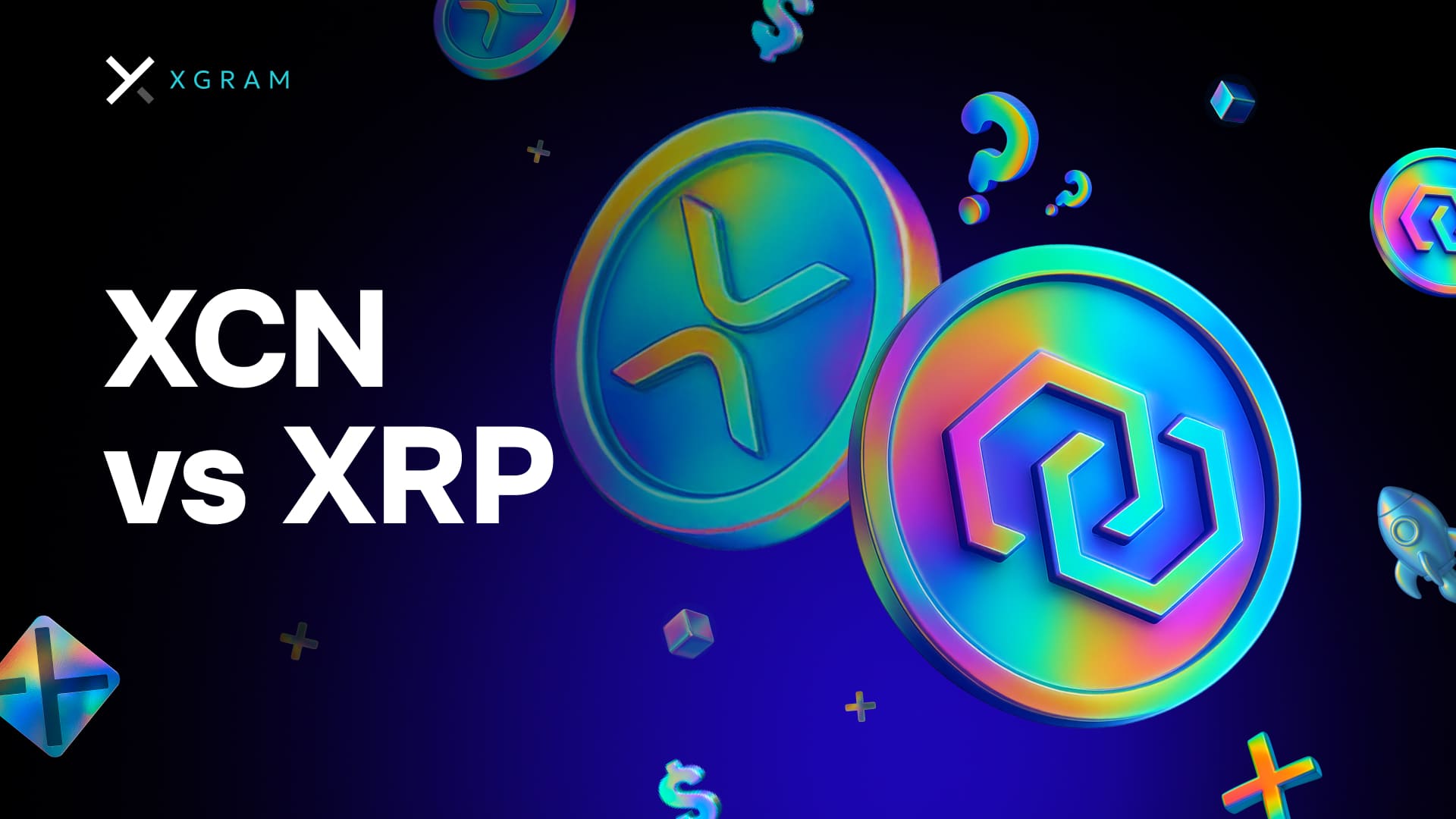Blog
En güncel kripto para haberleri için kaynağınız — trendler, analizler ve piyasa hareketleri.
Gönderiler: 90
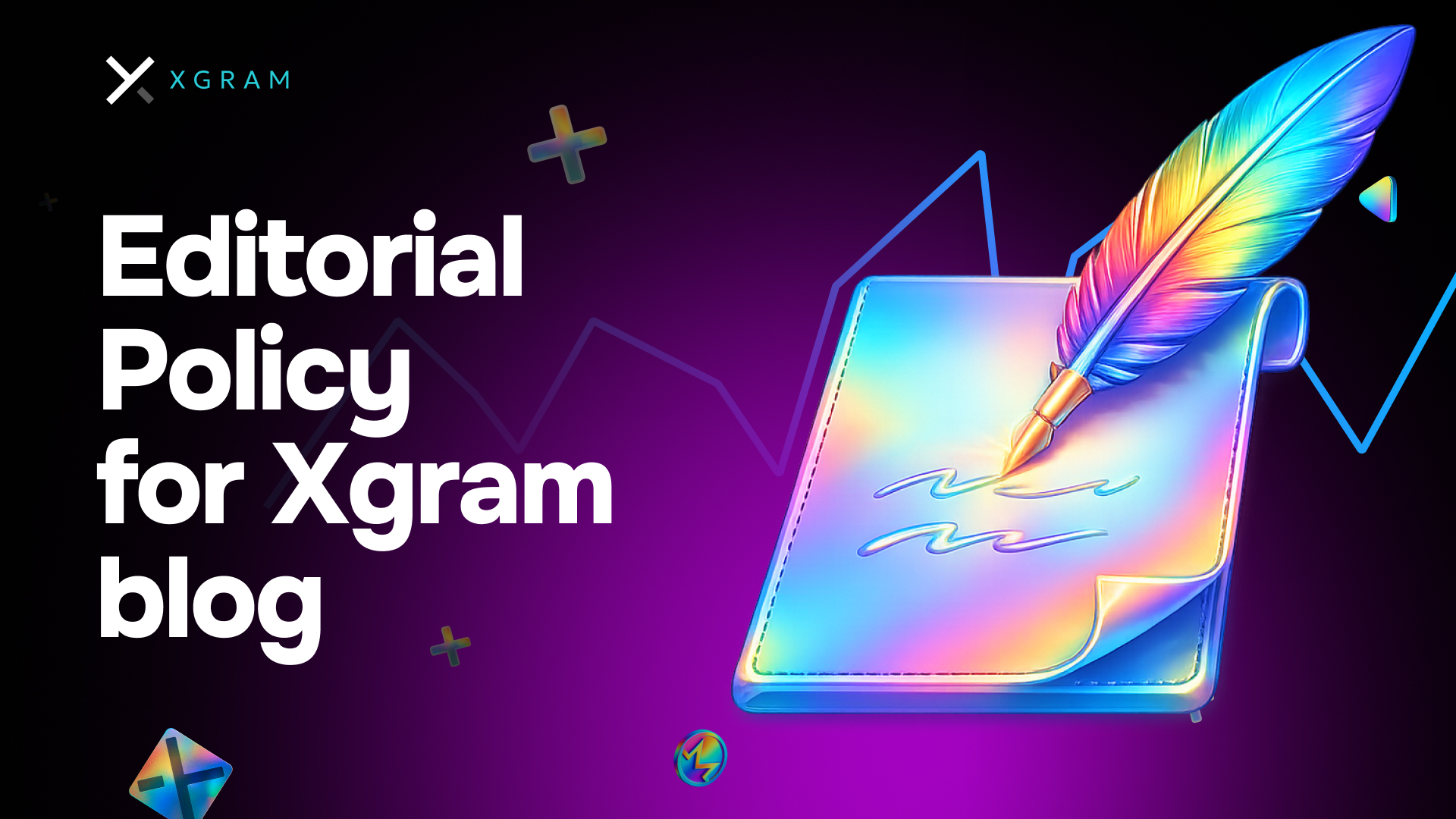

xgram.io Blog Editör Politikası
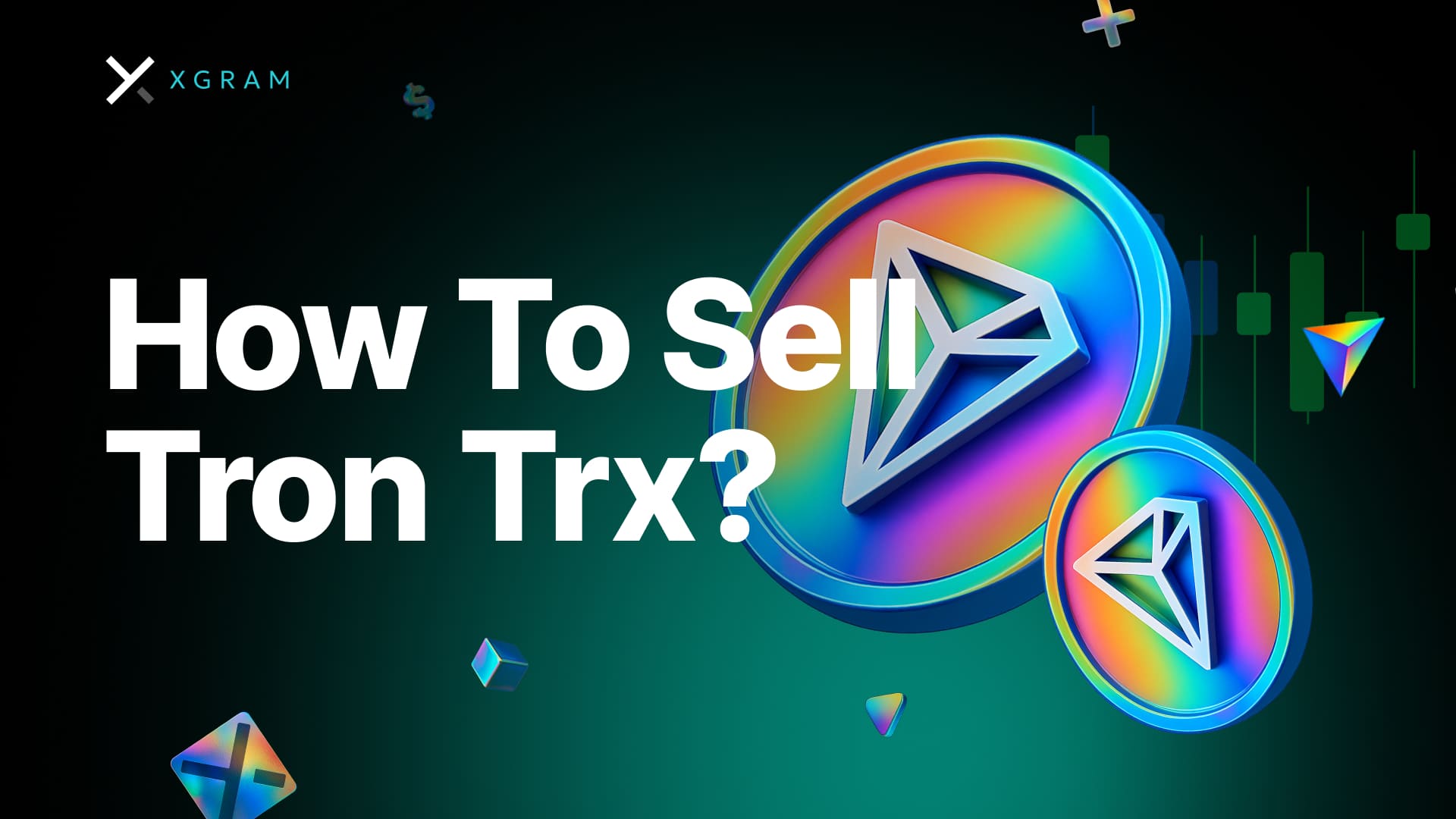

Zaman veya Para Kaybetmeden Tron TRX Nasıl Satılır
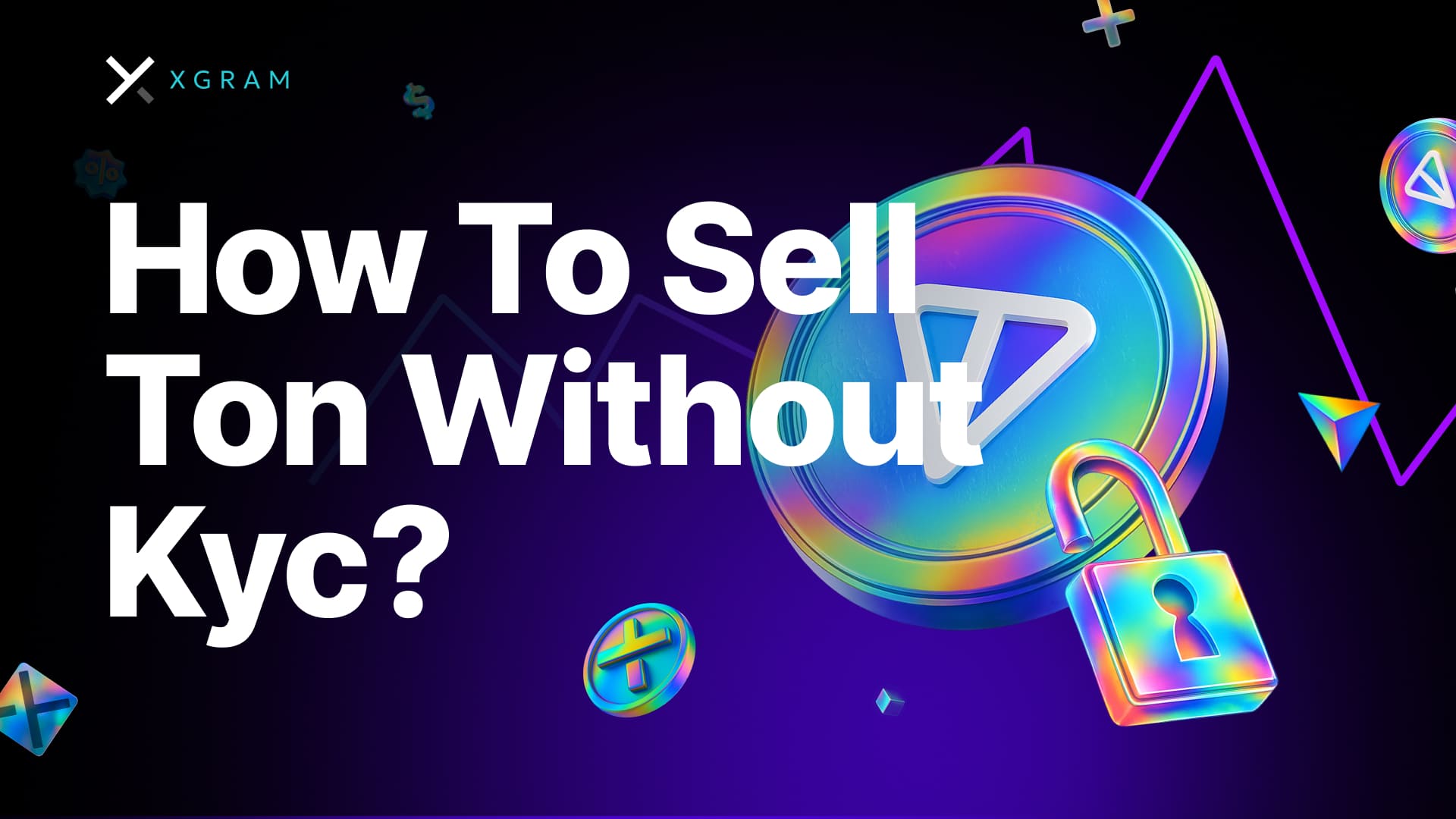

KYC Kontrolleri Olmadan Toncoin Satmanın Kolay Yolları
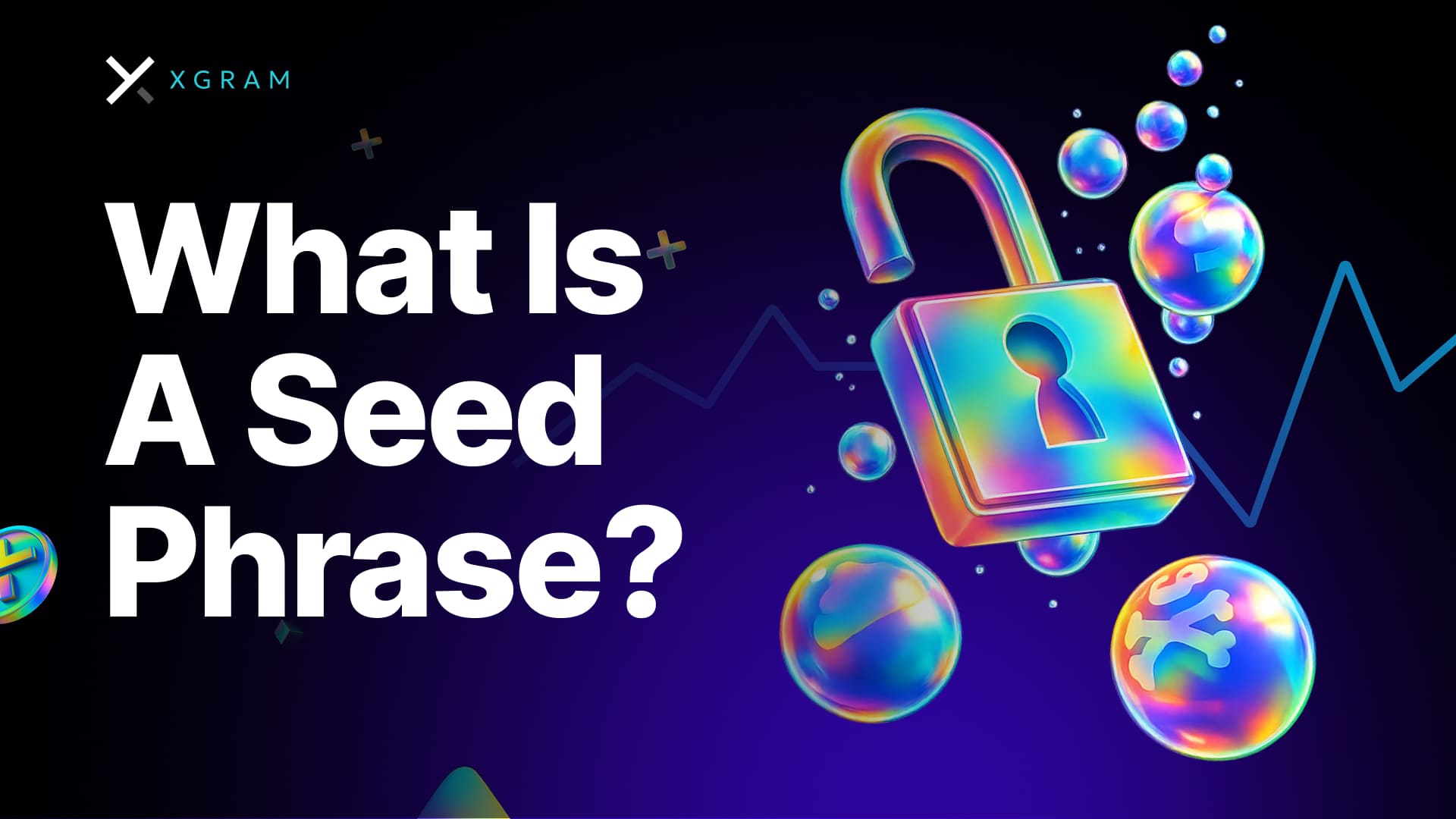

Seed Phrase Nedir?
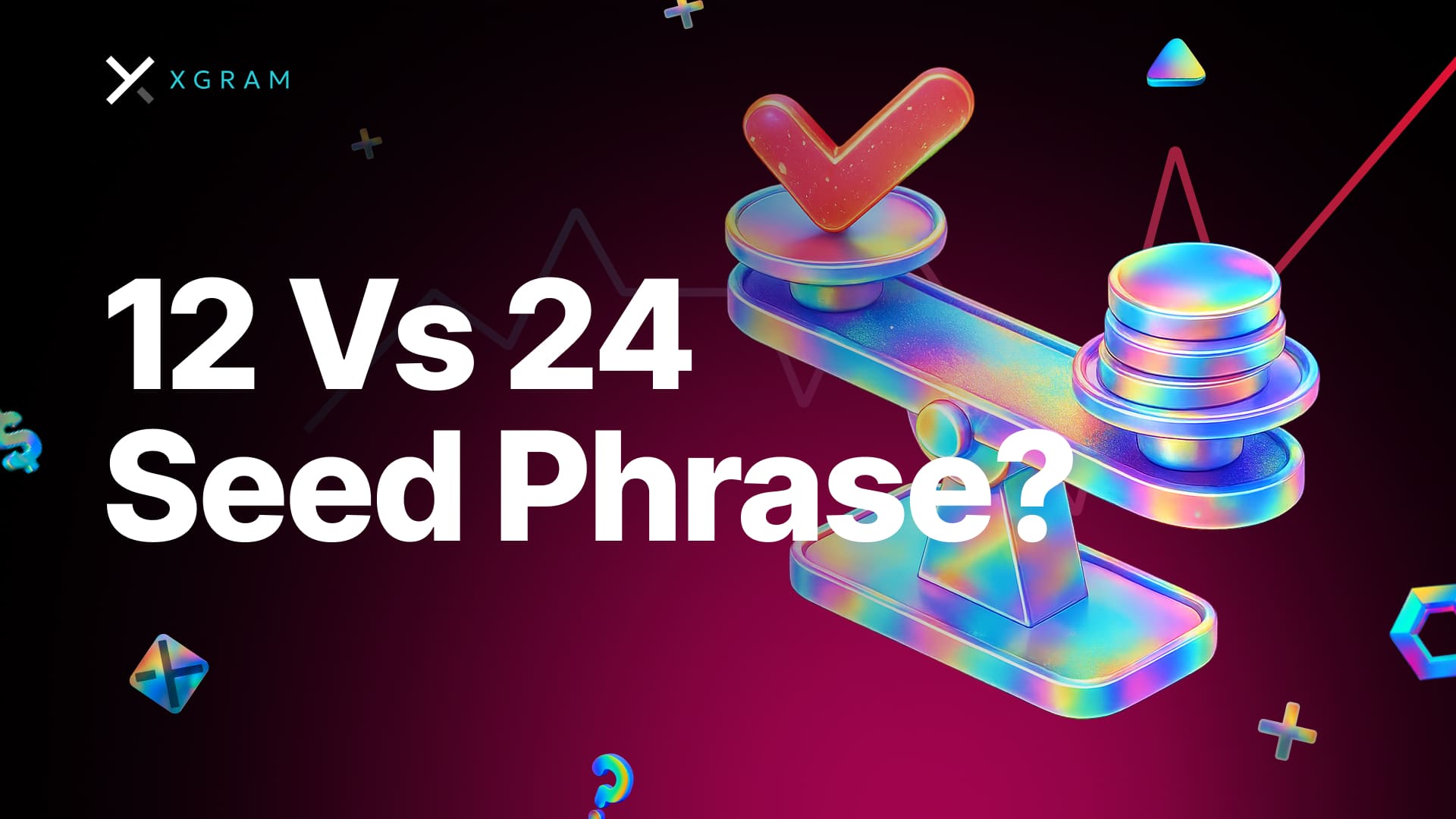

Kripto Cüzdanlarda 12 mi 24 Kelimelik Seed Phrase Daha İyi?
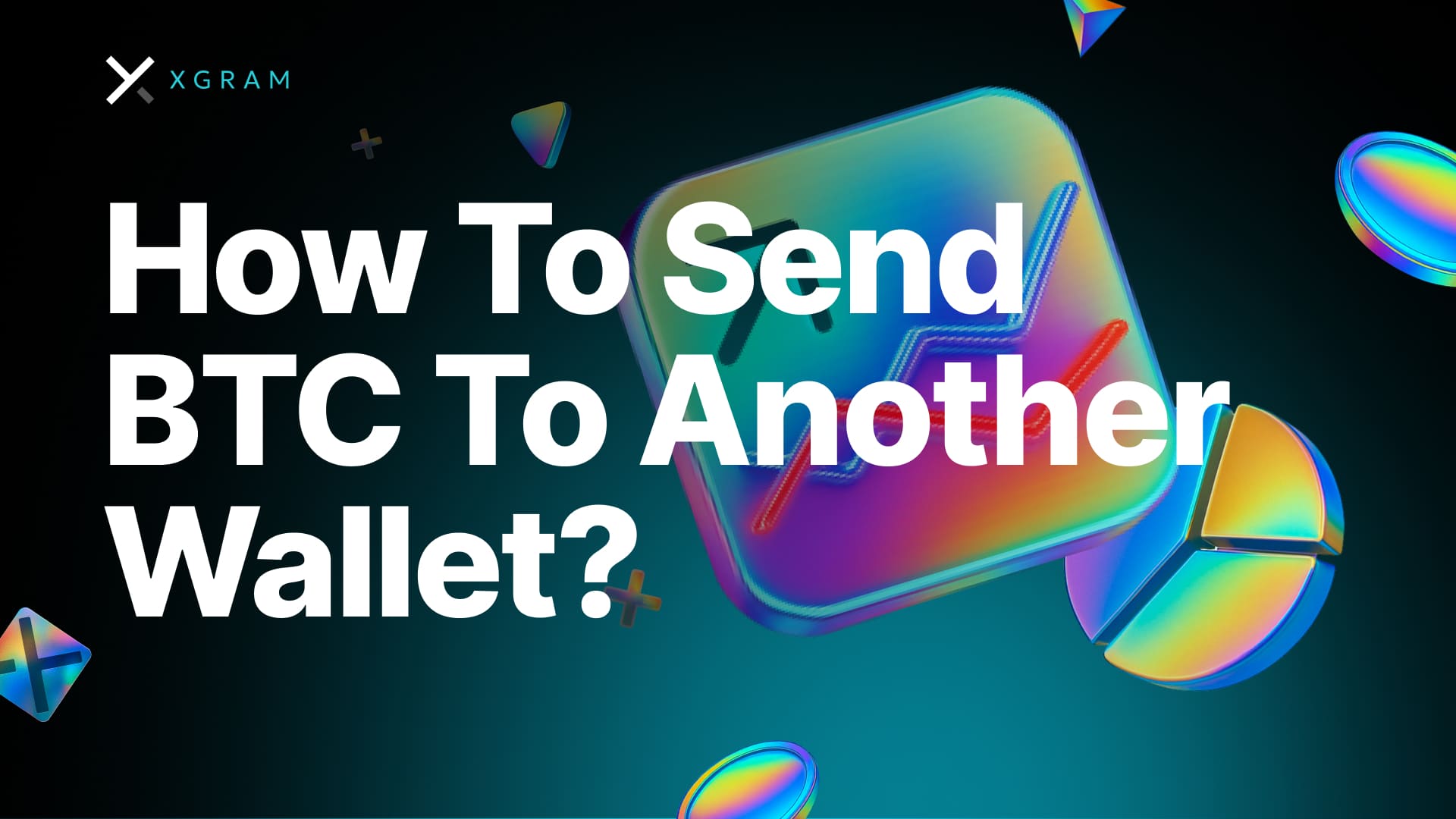

Bitcoin Başka Bir Cüzdana Nasıl Gönderilir
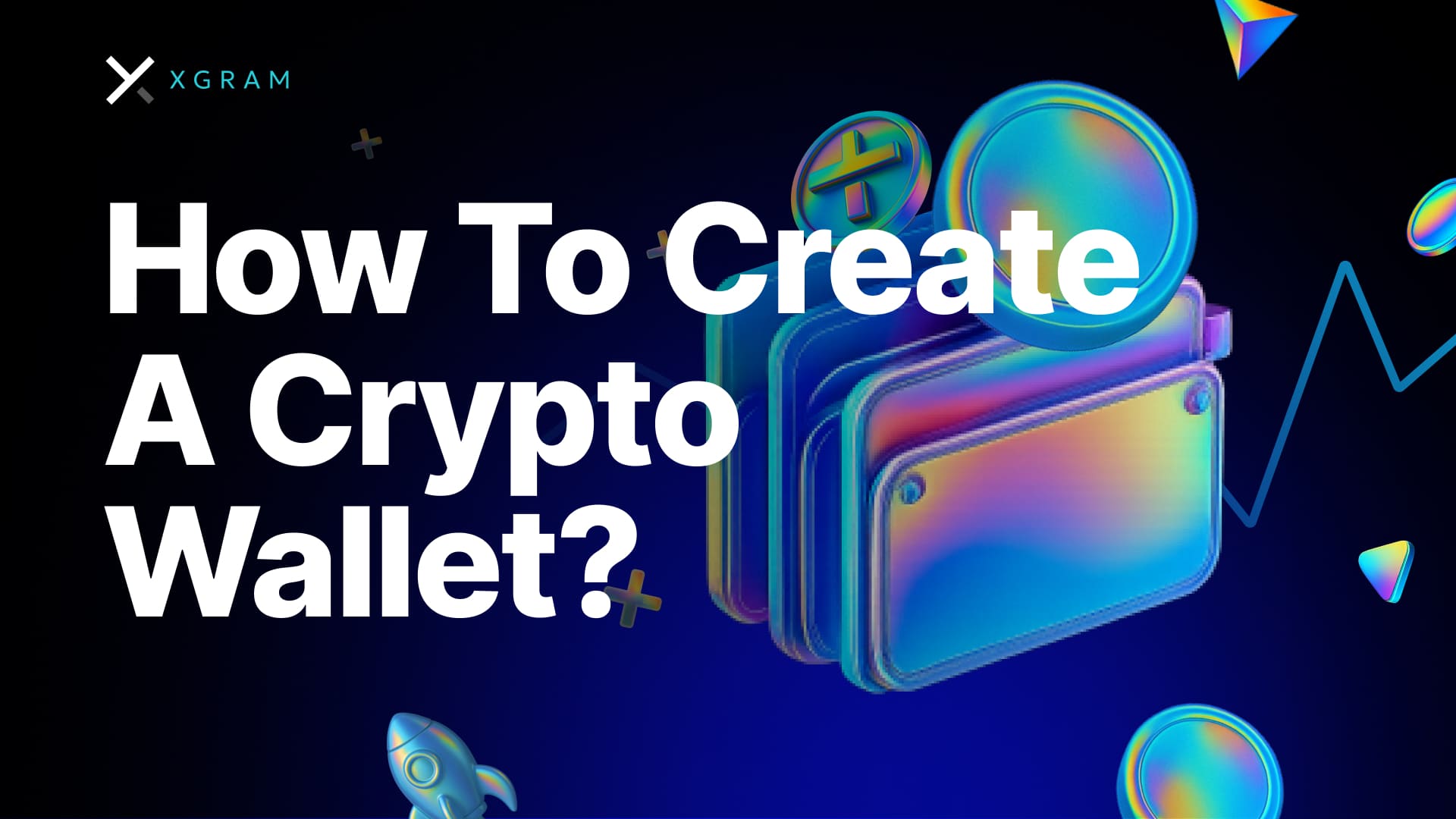

Kripto Cüzdan Nasıl Oluşturulur?
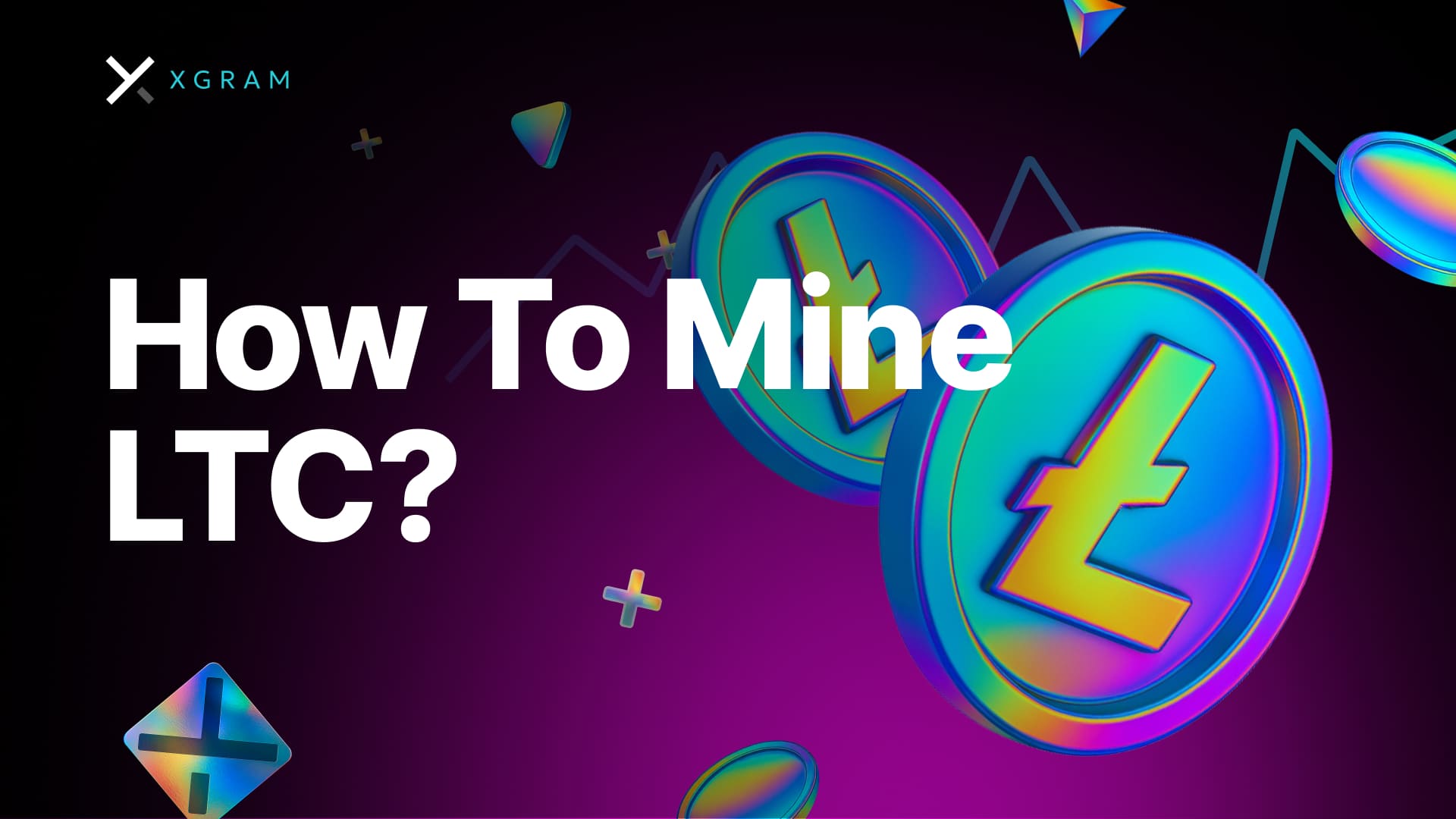

Karmaşık kripto jargonuna boğulmadan LTC nasıl kazılır




